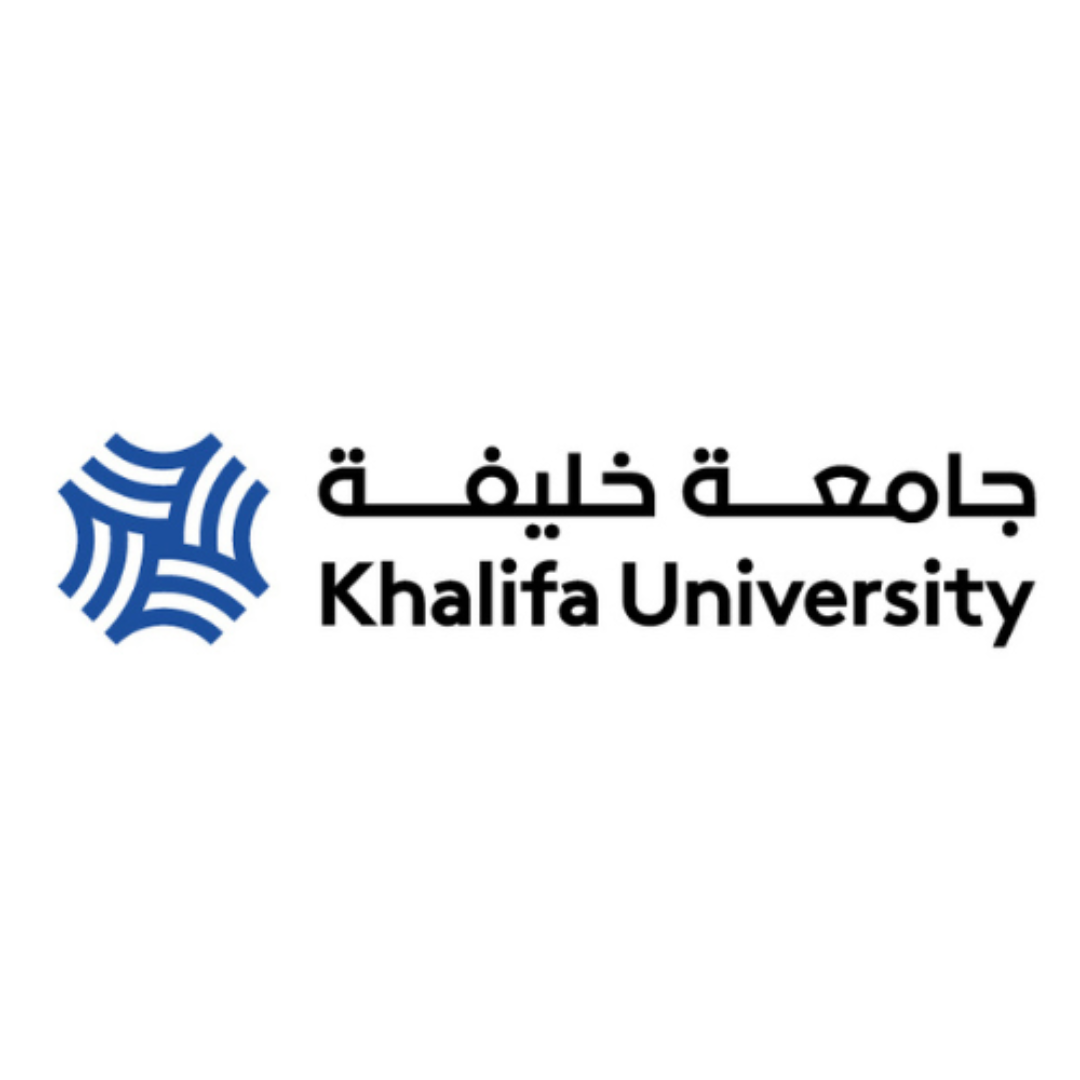Each year contains 120 credits of taught material, delivered in modules that are typically worth 10 or 20 credits.
Core modules (60 credits in Years 1-3) are taken by all students enrolled on both single honours and major/minor degree programmes and cover those fundamentals of inorganic, organic and physical chemistry that we deem essential.
The remaining 60 credits in Years 1-3 comprise maths and data analysis modules in Year 1 and medicinal-chemistry and drug-discovery material in later years, along with laboratory modules (with embedded communications and employability skills) designed to support these core courses, allowing you to develop your practical skills and techniques as well as consolidate the associated theory from your lectures.
Year 1
In Year 1, you will take core modules in the traditional sub-disciplines of inorganic, organic, and physical chemistry, all of which are supported by two additional modules comprising an extensive laboratory work programme. Your remaining 20 credits will give you a solid grounding in the maths and data analysis techniques you will need during your degree.
Those of you who do not have A-level maths or an equivalent – don’t worry! In the Fundamental Maths for Chemists module in Semester 1 you can learn at your own pace, supported by lectures and workshops to bring you up to speed with the common mathematical techniques needed for chemistry. All students take this module, whether they have A-level maths or not, since not all A-level maths syllabuses cover the same material.
In Semester 2, additional mathematics is embedded in the physical chemistry module, as you begin to apply your mathematical skills to chemical problems. All of the maths material is delivered by staff from Chemistry, which ensures you are equipped with those skills you need to tackle the more physical and theoretical aspects of our courses.
Inorganic Chemistry
Organic Chemistry
Physical Chemistry
Practical Chemistry
Core Skills
Year 2
In Year 2, you will build on material from your first year as we employ a combination of lectures and practicals, to further your understanding of the fundamental aspects of chemistry. In addition to core courses in organic, inorganic and physical chemistry, you will also take specialised medicinal-chemistry and drug-discovery courses within the options modules. Covering aspects such as drug targets and pharmacology, physicochemical properties and what makes a good drug, enzymology and an introduction to the drug-discovery process.
Inorganic Chemistry
Organic Chemistry
Physical Chemistry
Practical Chemistry
Option topics
Year 3
In Year 3, core chemistry modules in inorganic, organic and physical chemistry are accompanied by further specialised medicinal-chemistry and drug-discovery courses within the options modules. These focus on aspects such as early-stage drug development and how medicinal chemists go from a hit compound to a marketed drug, taught through a series of case studies looking at successful medicines.
You will also carry out a 40-credits of independent research, in the form of two 20-credit modules. The first of these is a literature dissertation focused on a cutting-edge aspect of medicinal chemistry and drug discovery. You will choose the topic of your dissertation from a pool of titles and work with your project supervisor to tailor the project to your particular research interests. The second module is advanced laboratory work and skills training, during which you will work as part of a team on a medicinal chemistry project.
Inorganic Chemistry
Organic Chemistry
Physical Chemistry
Literature Dissertation
Research Methodology
Option topics
Please note: The modules listed on the website for this programme are regularly reviewed to ensure they are up-to-date and informed by the latest research and teaching methods. Unless indicated otherwise, the modules listed for this programme are for students starting in 2023. On rare occasions, we may need to make unexpected changes to core modules; in this event we will contact offer holders as soon as possible to inform or consult them as appropriate.
Show less









